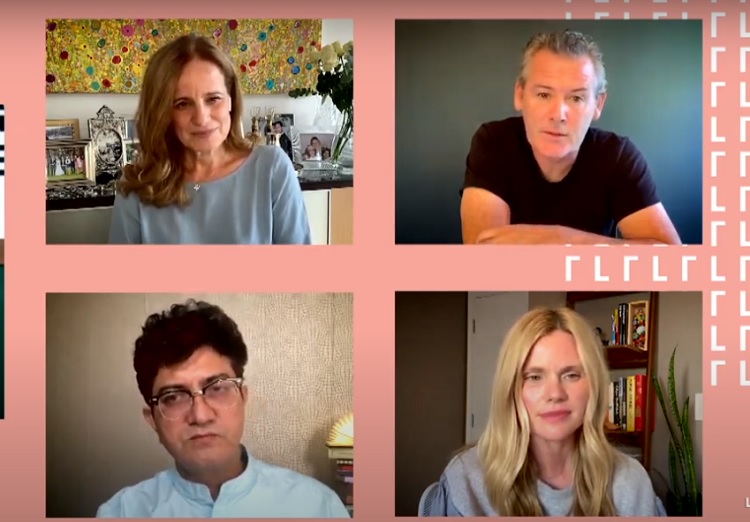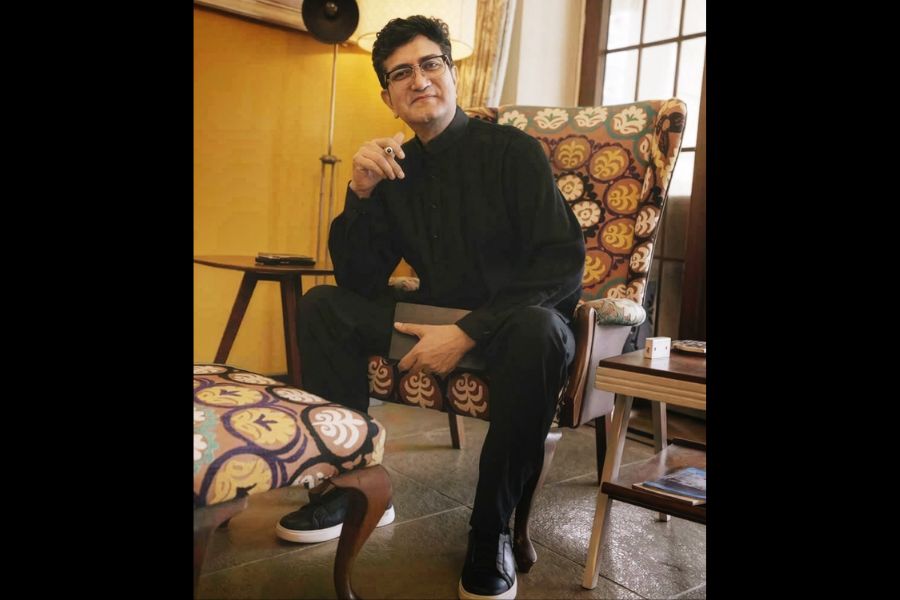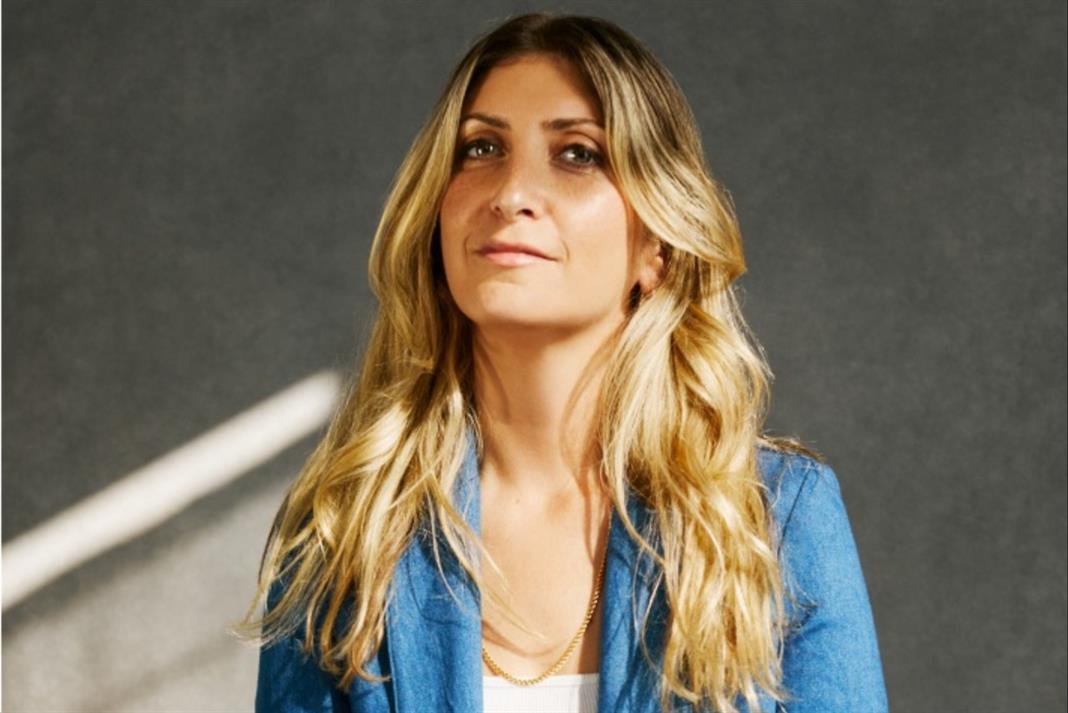On day one of Lions Live, a panel which consisted of Prasoon Joshi, CEO and chief creative officer, India and chairman, Asia Pacific, McCann Worldgroup, discussed how a creative culture can be built across orgaisations.
The moderator for the panel was Simon Cook, managing director, Cannes Lions and he set the tone for the session by asking Joshi how he would define a creative culture.
Joshi said, “It's very difficult to define but it manifests itself very well. In the time of the pandemic we saw many manifestations of creative culture. The ones that were panicking the most didn't have a creative culture.”
He then gave an example of how his agency shot a film for Dettol during the lockdown.
“We thought of directors who had got married to models. We found two of them and assigned them the task of shooting the film. So, we got a creative solution. So in times of a crisis you don't panic and find ways of working – that’s a creative culture,” he said.
Also on the panel were Melissa Routhier, chief creative officer, WPP Walgreens Team, VMLY&R, Jackie Cooper, senior advisor, Edelman, and Mark D'Arcy, vice president, global business marketing and chief creative officer, Facebook.
On the creative culture topic, Routhier added that creative should be given freedom.
“I think you can't be curious if you don't have freedom. The idea of walking into a place and be free to show up in your true self and to bring the perspective that you have been hired to bring – this is when you can create a creative culture. It's about freedom of several things. We're not here to screw up our clients’ business, but there must be bravery. You have to start having a perspective and voice that sounds different from the chorus out here. You have to give people space. Stretching themselves to new places could be risky and you're not sure about the end result, but it's about getting uncomfortable and getting ideas that others haven't thought of,” she said.
D’Arcy added, “At Facebook - it's about curiosity. Creative organisations that work well are relentlessly curious to solve problems. Good creative cultures are not creative in a passive sense. There are things to be done and a creative belief is needed be it problem solving or productions.”
Cooper said, “For us creativity is about solutions for business. It's not just a creative idea or product. It's creative thinking. We have creative thinking and we always had it whether it was crisis or reputation or pure media relations. What we see now is that the time for selling has gone. We need creative solutions for business problems or the audience will crush us.”
Failure
The panel also discussed failure and how do these leaders deal with it.
Joshi explained, “It's whether you use failure to learn something or it’s about wanting to hide it under the carpet. I heard about an organisation in Latin America, which started a series of events where they got start-ups to share their failures in public space so that others could learn. Facing your failures as an attitude is important otherwise youngsters who are full of ideas will always be conscious. Secondly, as an organisation, you should also make your staff feel safe. You need to have fall back plans but everyone shouldn't be aware of those and they should be put in place only in cases of contingency.”
D’Arcy echoed Joshi’s views on contingency plans. He said, “You have to think of scenarios so that you make sure you're protecting the downside of what can happen. You have to embrace new ideas but you have to look at the context at what can happen and have plans for them.”
Cooper’s short take on this was that the people who she admires the most not only have the most medals, but also the most scars.
The panel discussion ended with Joshi sharing a piece of advice for the creative community.
Joshi said, “I have observed that the consumer is revaluating what is important for them at this juncture in life. They are looking at their relationships with people and brands. In these times it's very important that brands come across as sensitive. It's not enough to make our consumers feel good. It's also important to do good because action is very important at this time. It's also important to communicate at this time. You won't get a more captive audience as you will get now. People have time as they've paused for a while.”




